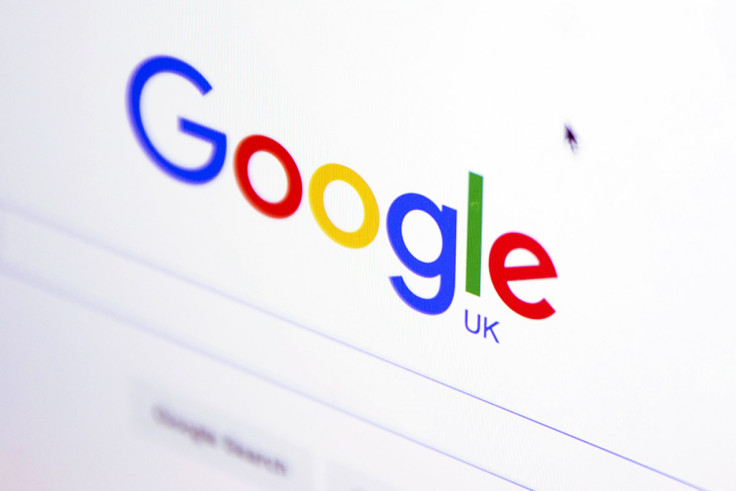Google search results tend to have liberal bias that could influence public opinion
Google denies results are politically slanted and says its algorithms use several factors.

Google search results tend to lean towards a liberal mindset, a bias that could influence public opinion, finds a new study. After analysing nearly 2,000 pages, a panel rated 31% pages as liberal as opposed to only 22% that were conservative; the remaining 47% pages were neutral that included government or mainstream news websites.
The study conducted by online search marketer CanIRank.com found that 50 most recent searches for political terms on the search engine showed more liberal-leaning webpages rather than conservative ones.
The Alphabet-owned company has denied any bias and told the Wall Street Journal: "From the beginning, our approach to search has been to provide the most relevant answers and results to our users, and it would undermine people's trust in our results, and our company, if we were to change course."
The company maintains that its search results are based on algorithms using hundreds of factors which reflect the content and information available on the internet. Google has never made its algorithm for determining search results completely public even though over the years researchers have tried to put their reasoning to it.
"No one really knows what Google's search engine is doing," said Christo Wilson, a Northeastern University computer science professor. "This is a big, complex system that's been evolving for 15 years."
In the past as well Google has been accused of having a liberal slant. A study from the University of Maryland last December found searches for the names of Democratic presidential candidates to be more prominent with supportive websites than searches for Republican candidates. Some news sites had even claimed that Google's autocomplete feature hid negative suggested searches for Hillary Clinton, which Google categorically denied.
Experts who have studied Google's search algorithm say these perceived biases are likely unintentional and may just be a mere reflection of what's out there on the internet.
"Google is basically a popularity engine in the sense that the more links you have, the higher you're ranked," said Nick Diakopoulos, a journalism professor at the University of Maryland. "If you have a larger cluster on the left and more linking between those pages, it's a self-reinforcing thing."
© Copyright IBTimes 2025. All rights reserved.




















